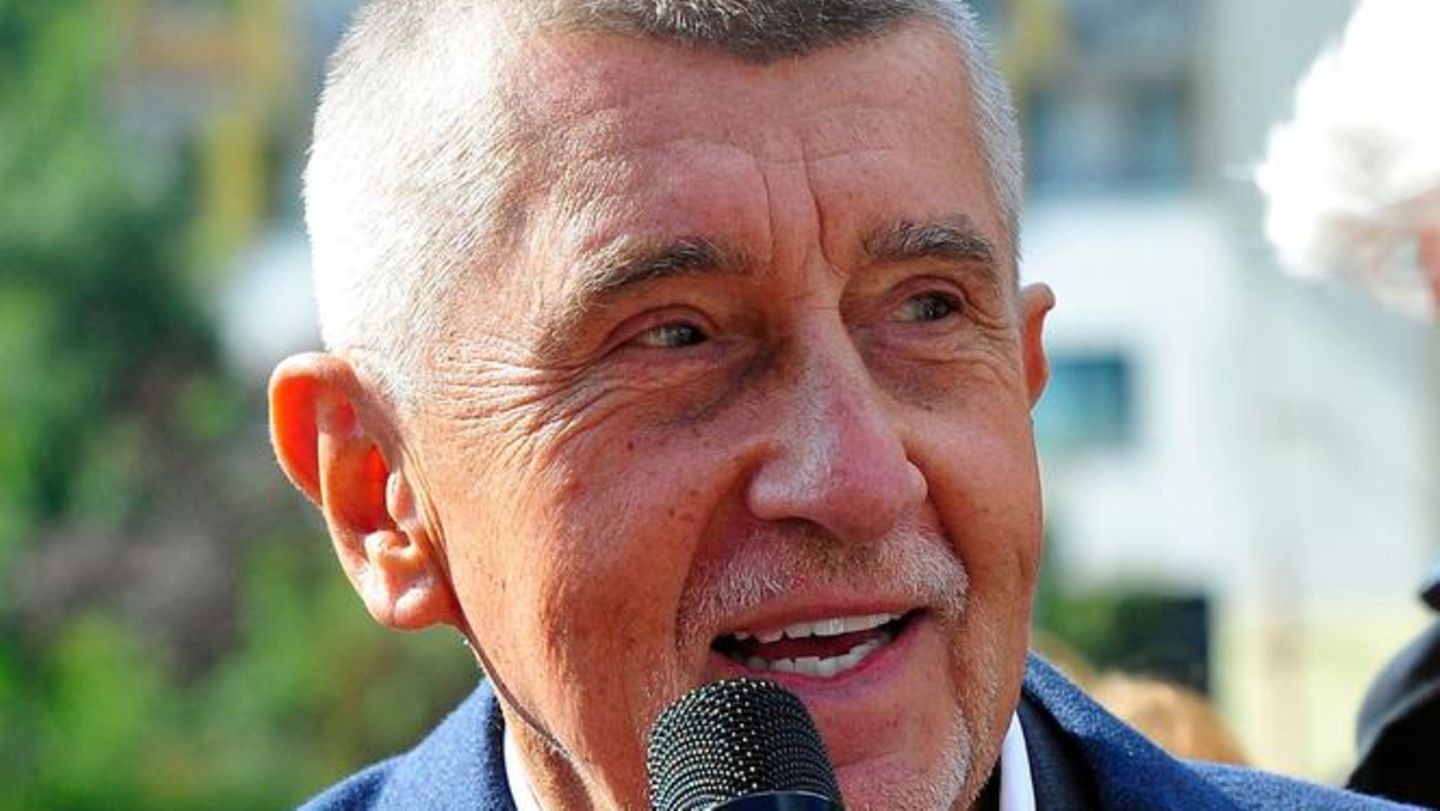Image: (APA/GEORG HOCHMUTH)
“It is important that we continue to promote research and development,” said Nehammer on Wednesday evening after the “car summit” in the Federal Chancellery, against which there was a lot of criticism beforehand.
The car summit he initiated was about how to secure Austria as a research, innovation and production location and which technologies can be used to further develop mobility. “In Austria, more than 300,000 jobs depend directly and indirectly on the automotive industry,” said Nehammer. The added value of the automotive industry in Austria amounts to 27 billion euros, said the Chancellor. Austria is one of the leading countries in registering patents in this area.
criticism in advance
Economics Minister Martin Kocher (ÖVP) also spoke out in favor of openness to technology after the meeting with representatives from science and industry. It is now also a matter of convincing Brussels that certain things that are not yet eligible for funding, but which are important for a successful transition and for Europe as a location, should be made eligible for funding.
Nehammer had recently been very committed to the topic of e-fuels, i.e. synthetic fuels, and received a lot of criticism for it. According to many experts, the use of synthetic fuels is not energy efficient compared to electric cars.
Protest by climate activists
Many environmental protection organizations and climate activists such as Global 2000 and Greenpeace as well as Fridays for Future share this view. Activists of the “last generation” sprayed the facade of the Federal Chancellery with an oily black liquid on Wednesday – according to them it was a mixture of water, guar gum and paint that was washable and non-toxic.
Criticism came in advance from the opposition parties. But the climate protection ministry is also of the opinion that the future belongs to electromobility. This is also a great opportunity for the Austrian auto industry.
endorsement from the industry
On the other hand, the Chancellor’s initiative was welcomed by the ÖAMTC motorists’ club, the car importers, the vehicle industry, the Chamber of Commerce and the Federation of Industrialists, and the Renewable Fuels Platform.
Invited to the meeting were Stefan Schleicher (JKU Linz), Georg Brasseur (TU Graz), Wilfried Sihn (TU Vienna), Bernhard lower (TU Vienna), Robert Schlögl (Humboldt Foundation), Werner Kepplinger (Uni Leoben), Berthold Kren (Lafarge), Martijn van Koten (OMV), Klaus von Moltke (BMW Steyr), Dieter Althaus (Magna AG), Frank Obrist (Obrist Group) and Alexander Klacska (WKÖ).
“Don’t get caught up in new dependencies”
The chemist Robert Schloegl, President of the German Alexander von Humboldt Foundation, said: “First of all, I would give up the prejudice that the production of e-fuels is very inefficient.” It will never be possible to cover all energy needs with electricity, said Schlögl. Energy will also have to be imported in the future. “The substantial amount of the fuel will be made outside of Europe.” So if you have to bring the energy in a transportable form anyway, it makes more sense from an overall energetic point of view to use it directly without turning it into electricity again.
And George Brasseur, professor emeritus at Graz University of Technology, referred to the “limitation of the raw materials that we have to achieve this massive energy transition”. Europe and Austria should not enter into new dependencies, such as “for example, now with the batteries from China”.
Combustion engine cars
From 2035, new cars that run exclusively on petrol or diesel will no longer be allowed to be sold in the EU. At the end of March, the EU countries finally decided to largely end new cars with combustion engines after Germany had blocked the decision for weeks. According to the compromise reached, new cars with internal combustion engines can also be registered in the EU after 2035 if they are fueled with e-fuels.
Source: Nachrichten




